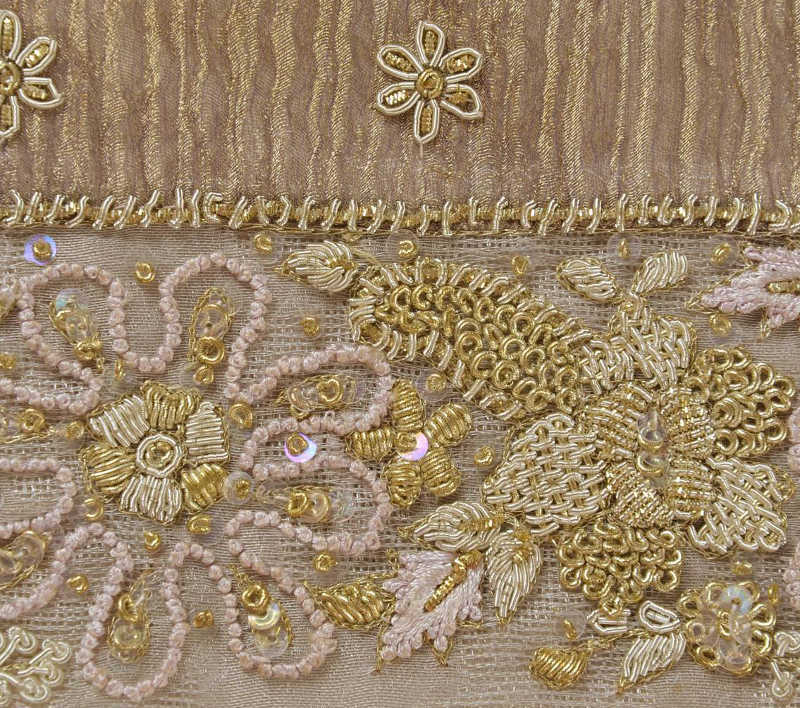===
0611,
5
===

=== |
 |
qashqah : 'The sectarial mark made by the Hindus on the forehead with sandal, &c. (syn. ṭīkā ):— qashqah denā , To apply the qashqah (to the forehead)'. (Platts p.791)
FWP:
SETS == GESTURES; NEIGHBORS
MOTIFS == RELIGIONS
NAMES
TERMSThis certainly feels like a 'neighbors' verse, bringing to bear a friendly but common-sensical concern for the lover's mad behavior. The respectfully cordial reference to 'Mir-ji' is definitely the way the 'neighbors' speak about 'Mir'. And not only about him, but to him, for the verse could perfectly well be addressed to 'Mir' himself, since the verb grammar would be unchanged. In fact that is surely a more piquant reading-- the neighbor is gently reproaching the mad lover, pointing out to him the inappropriateness of his behavior.
To come into the mosque with a Hindu religious symbol on his forehead-- what could be more inappropriate? It's quite sufficiently extreme to become an infidel and spend one's time in a temple, as in the irresistible {7,15} cited by SRF. But why would 'Mir' shock the pious by adding insult to injury? Is it done inattentively, in some state of 'self-lessness'? Or is it done because the mad lover believes that all idols are deities and all deities are idols, so he doesn't bother with petty details of theological differentiation? If his gently (?) reproachful (?) neighbor succeeds in getting his attention, will 'Mir' be regretful, or amused, or loftily Sufistic, or entirely indifferent?
In fact, this is what I call a 'gesture' verse. All we know is a single thing that 'Mir' did. All the speculation about why he did it and what he meant by it is left for the neighbors, talking to him or discussing among themselves-- and, of course, ultimately left to us in the audience, to make our own interpretations, knowing that they can never be more than guesses.